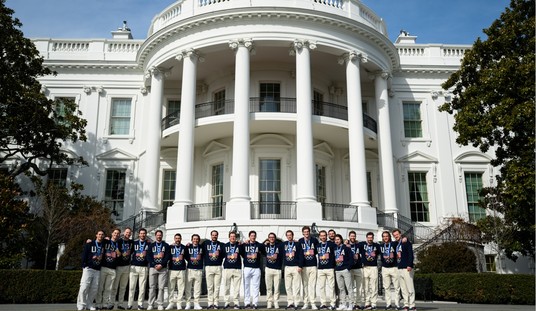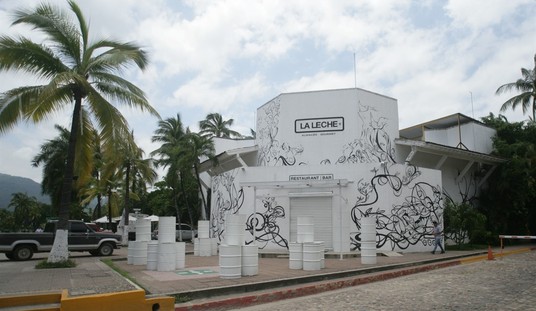In recent years, there have been claims of a vast rape culture on U.S. college campuses. While sexual assault does occur inside that idealized college bubble, it is difficult to determine to what extent.
Often, politicians and Leftists will say that on college campuses, one in five women have been raped. These claims have been debunked more than once. The sad truth is that sexual assault damages victims both physically and emotionally. Sometimes this damage is beyond repair. Unfortunately, false allegations can also destroy the lives of the accused.
There must be crystal clear definitions of what constitutes sexual assault. While some modern-day feminists go as far as saying a stare or a compliment is assault, those of us who possess a working brain know this is just more hysteria.
Recently, Tulane University in New Orleans conducted its own sexual assault survey. The results were downright shocking. According to the survey, 41% “of undergraduate women reported experiencing sexual assault since enrolling at Tulane.”
Forty-one percent. That is stomach-churning.
But when we look further, the terminology used to define sexual assault is rather broad. This generic approach to a very serious issue, one that requires specificity, only serves to hurt both female and male students.
Included in the 41% figure as sexual misconduct? The following.
Leaving unwanted messages, including texts.
Making unwanted calls, including hang-ups
Sending unwanted emails, instant messages, or social media messages.
Leaving unwanted cards, flowers, or presents.
Making rude or mean comments online.
Apparently, I’m a victim, too. In fact, if these are some things which fall under the category of sexual assault-type behavior, most people will have been “assaulted.” See how this gets out of hand? Along with those mentioned above, an unwanted kiss is labeled sexual assault. So is an unwanted hug.
Now you can see how they arrived at the shocking 41% figure.
Thankfully, this hasn’t gone unnoticed. The editorial board at The Wall Street Journal took issue with the Tulane survey in an article.
One problem is how broadly Tulane defines sexual assault. The school goes beyond rape or attempted rape to include any form of unwanted sexual contact, including a stolen kiss or hug. The latter may be unwelcome but are they assault? This definition helps explain why nearly 38% of female undergraduates and 16% of males said they’d been victims of unwanted sexual contact. The statistics for rape or attempted rape are lower, but the 41% can’t be easily broken down because some students reported more than one form of assault.
Other survey elements are so subjective they raise more questions than they answer. Among students who said they were sexually assaulted, 73.5% of undergraduate women and 86.7% of men said they were incapacitated by alcohol, not force. Tulane never defined how many drinks render someone incapable of consent, leaving that to the discretion of students.
This is just a lazy way to spread a narrative. By leaving determinations open-ended and glossing over particulars, one may think there is an epidemic of sexual assault on the Tulane campus. And if that’s the case, then surely colleges across the nation are in a similar mire.
So why should we be bothered by the results from Tulane’s survey?
The House of Representatives will soon consider legislation to reauthorize the Higher Education Act, and it is likely to include direction on how universities should respond to sexual assault. More legal clarity is overdue, and several proposed changes would reinforce due-process rights while supporting victims.
But the bill that cleared the House Education and Workforce Committee in December would also require administrators to conduct campus-climate surveys on sexual assault every three years. The Education Department could offer a sample survey with strong methodology, but universities would be under no obligation to use it. If federal lawmakers fail to require rigorous standards for these surveys, universities could create sexual-assault policies based on false assumptions and faulty data.
Imprecise definitions lead to generalizations and data that does an excellent job of continuing that anti-Patriarchy narrative. However, this does little to actually determine or address the real issue.
With the Women’s March in full swing and the #MeToo movement increasing in popularity, it is more important than ever to not label everything as sexual assault or even sexual misconduct. Sending a bouquet of unwanted flowers is nowhere near the violent crime of rape. Landing a kiss on the lips of an uninterested party does not equate to sexually assaulting them.
It just doesn’t.
Hopefully, the aforementioned legislation will do what the Tulane survey does not and provide clear definitions of what is and isn’t sexual assault.
Because in 2018, a stare or comment is considered borderline criminal.














Join the conversation as a VIP Member